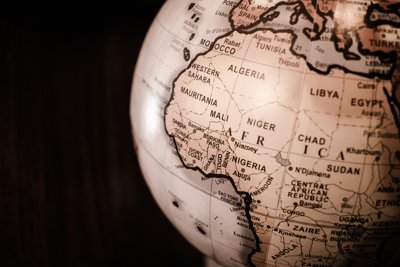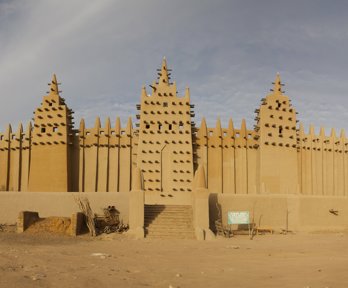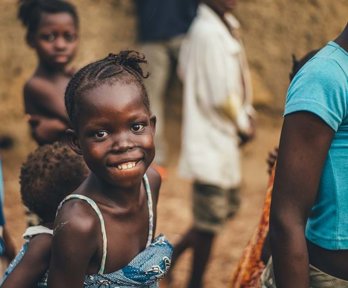Africa has long excited the interest of members of the Royal Geographical Society.
I grew up in West Africa at a time in which the names of the likes of Mary Slessor, Sir Gordon Guggisberg, Mary Kingsley and other eminent travellers missionaries surveyors and administrators associated with the RGS and its activities were redolent with meaning.
There is another great venture which I hope will excite RGS Members today and their colleagues in other learned Societies. The All Party Parliamentary Group on Africa with the support of the Royal African Society and Justice in History has recently published a report which examines the representation in the school curriculum of the long and complex relationship between the UK and Africa and calls for change.
This relationship has a richness and variety whose surface is barely scratched in a curriculum whose emphasis is often simplistic and one dimensional. The curriculum’s content is limited frequently to a cursory examination of slavery, the continents mineral wealth and extractive industries, with an at times over exoticised representation of its peoples, highlighting its flora and fauna, and with an over emphasis on poverty and underdevelopment.
This represents a missed opportunity to engage with young people of diverse ethnic and social backgrounds and to present a more nuanced and truly representative picture of the continent. This will better equip them all for life as they and Africa take their place in the world.
The Secretary of State recently gave the Report a sympathetic hearing when he received a bi partisan delegation of Parliamentarians presenting its recommendations to him. The Report is I believe a timely contribution to the promote the enrichment of the curriculum so as to better reflect a more diverse and dynamic Britain and its relationship with an emerging Africa and the youthful and fast growing market and opportunities it offers.
I hope teachers of geography and history will take up the challenge to work with publishers academics exam boards education authorities and the Department to map a way forward. Local communities and diaspora groups too offer valuable insights and are themselves an under-utilised resource. The Reports recommendations call upon all to play a role in developing and delivering to young receptive minds curriculum materials truly worthy of Africa and its rich and varied relationship with this country.
I trust that the RGS will take up this challenge too with the boldness and determination which characterised its historic forays into Africa in the past and join with others in the process. This time however with a result that dispels bigotry and prejudice and builds a more equitable and less divided world.
Paul
The Rt Hon the Lord Boateng of Akyem and Wembley PC DL
Chair APPG on Africa’s Inquiry into Africa and the Curriculum.


